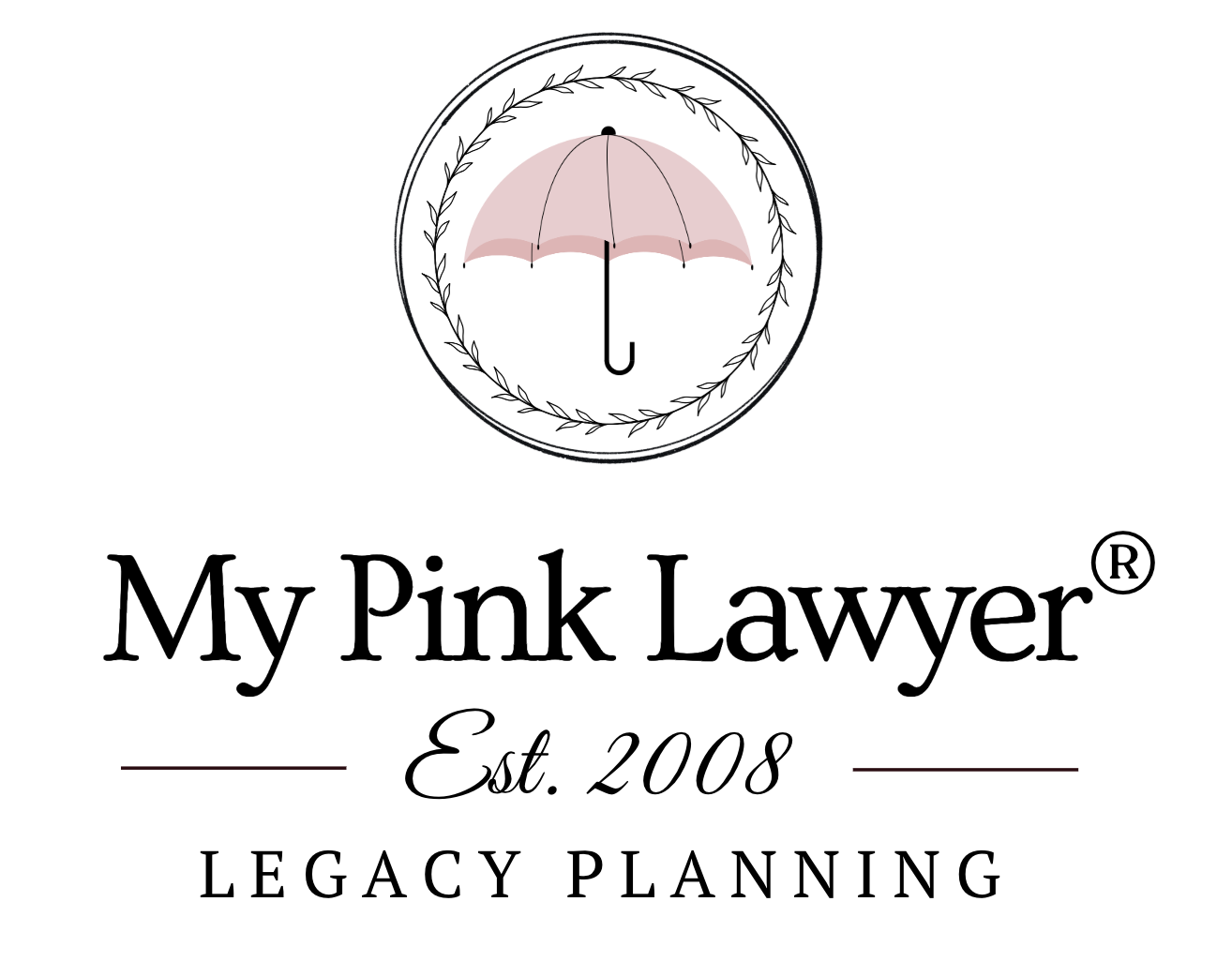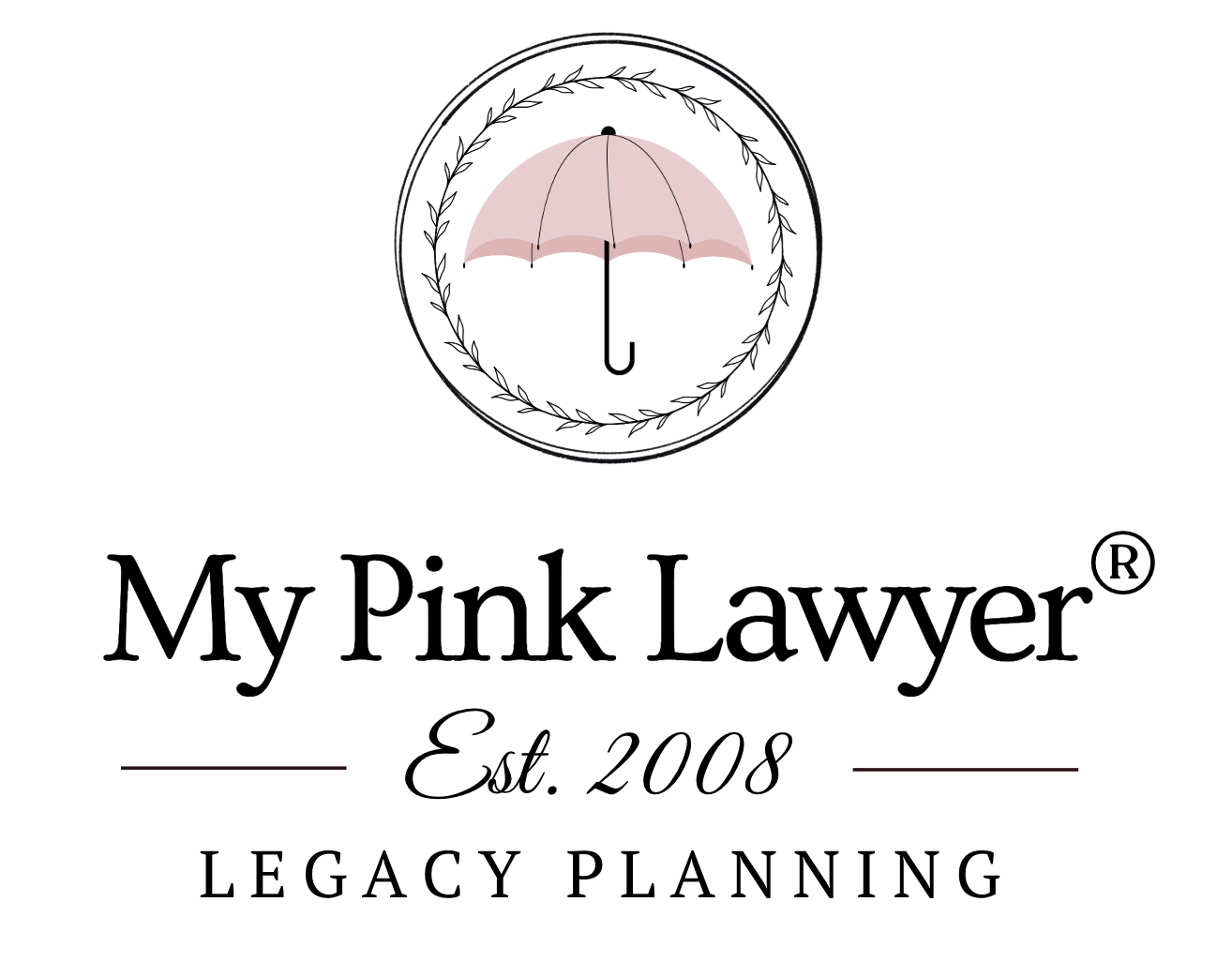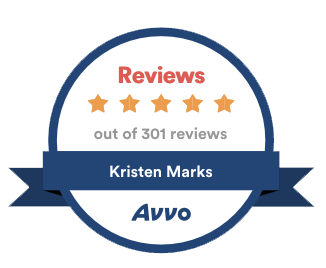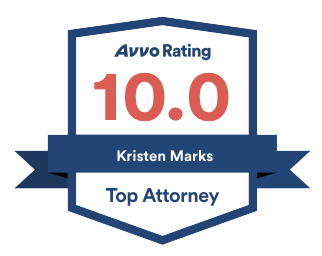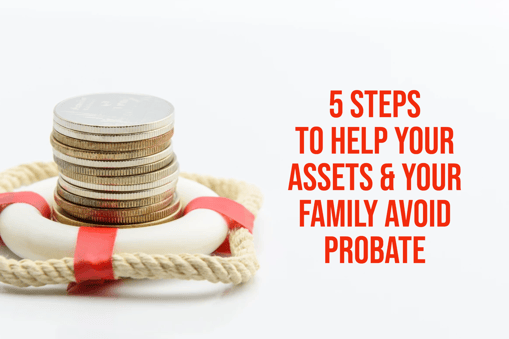
Taking steps today to help avoid the probate of your assets after you die can save your family valuable time and money when you’re gone. Here are some basic planning tools to help your assets stay out of the probate system.
1. Have Bank Accounts with Payable-on-Death Beneficiaries.
One of the most common assets a person leaves behind after death is a bank account- sometimes multiple bank accounts. Probably the easiest way you can help your assets avoid probate in Florida is to list payable-on-death (“POD”) beneficiaries for each of your bank accounts.
Contact each of your banks and ask the representatives how you can name POD beneficiaries on your accounts. Any money left in those accounts when you die will pass directly to the named beneficiary. The beneficiary will just need to present a certified copy of your death certificate and a form of identification at the bank. Then the bank cuts a check and the rest is history.
No probate is necessary. No court proceedings delay access to the money. And no creditors have claims against the funds.
Make sure to update your POD beneficiaries after important life events such as marriage, divorce, and the death of a loved one. It’s important to keep you POD beneficiaries current because the money in a bank account must pass through probate if the POD beneficiary is no longer living.
The best part? This tool is FREE!
Caveat: This option is not recommended if you do not want your beneficiaries to inherit a lump sum all at once, such as in the case of young beneficiaries or beneficiaries who have creditor or addiction issues. An inheritance trust for these beneficiaries may be a preferable option.
2. List Current Beneficiaries for your Life Insurance Policies.
Next, update the beneficiaries with your life insurance company. Much like POD beneficiaries on a bank account, named life insurance beneficiaries inherit life insurance proceeds without the funds having to pass through probate. The life insurance beneficiary submits a claim form and a certified copy of the death certificate to the life insurance company, and the life insurance company issues a check directly payable to the beneficiary. No courts. No delay. No creditors.
KEEP YOUR BENEFICIARIES CURRENT!
Life insurance proceeds should not have to pass through probate. But you would be surprised how often they do! Life insurance probate cases usually come to me like this:
Husband and wife both take out life insurance policies naming each other as the beneficiary. Husband dies 40 years later. Wife receives husband’s life insurance proceeds but never updates the beneficiary on her policy. Wife later dies with no living beneficiary. The couple’s children have to pay to open a probate proceeding to inherit their mother’s life insurance proceeds.
Remember to revisit your life insurance beneficiaries after major life events so you can keep current, living beneficiaries listed on your policies.
This tool is another freebie!
Caveat: This option is not recommended if you do not want your beneficiaries to inherit a lump sum all at once, such as in the case of young beneficiaries or beneficiaries who have creditor or addiction issues. An inheritance trust for these beneficiaries may be a preferable option.
3. List Current Beneficiaries for Your IRAs, 401(k)s, Pension Plans, and Annuities.
Are you seeing a pattern here? Individual retirement accounts, 401(k) plans, pension plans, and annuities are all assets designed to pass outside of probate IF you list a current, living beneficiary.
Make sure to keep these beneficiaries current and update them after major life events.
Caveat: This option is not recommended if you do not want your beneficiaries to inherit a lump sum all at once, such as in the case of young beneficiaries or beneficiaries who have creditor or addiction issues. A retirement inheritance trust for these beneficiaries may be a preferable option. A retirement trust can also prevent a beneficiary from cashing in a retirement account early and allow for a longer “stretch” of distributions from the plan.
4. Jointly Own Real Estate or Consider a “Lady Bird” Deed.
Owning property as “joint tenants” or “tenants by the entireties” (for married couples) is one way to help real property avoid probate. When one of the owners in a joint tenancy dies, that owner's interest in the property automatically passes to the survivor(s) without the property having to go through probate. The surviving owner simply needs to record a certified copy of the deceased owner’s death certificate in the public records for the county where the property is located.
An enhanced life estate deed, more commonly called a “Lady Bird Deed” in Florida, is another tool for helping real property avoid probate. With the Florida lady bird deed, you give yourself a life estate interest in your property. A life estate is a right to live in the property until your death. When you die, title to the real property automatically passes to the successor(s) designated in the lady bird deed, called the remaindermen.
Unlike an ordinary life-estate deed, the enhanced life tenant with a lady bird deed has a right to transfer, mortgage, or otherwise use the property as he or she wishes, regardless of the remainderman’s future interest. The owner of an enhanced life estate also has no risk of liability to the remainderman for any transfer or waste of the property.
You should consult an attorney for help determining whether a lady bird deed or a joint ownership deed are good planning tools for you. The cost for preparing these deeds is small compared to the cost of a probate alternative.
5. Form a Revocable Living Trust.
Living trusts allow you to avoid probate by listing the trustee as the owner of the assets. With a revocable living trust, you remain in control of the assets but upon your death, instead of the assets going through probate, your successor trustee can distribute them pursuant to your wishes set forth in the terms of the trust.
BEWARE! Signing the revocable living trust agreement isn't enough to avoid probate. Instead, once the trust agreement is signed, you will need to re-title your assets in the name of your trust. This is referred to as "funding the trust."
Only after your revocable living trust has become the record owner of your assets will the assets owned by the trust (instead of you) avoid probate in Florida. My Pink Lawyer® attorneys assist their clients with this important step of funding their trust.
Be sure to have a professional draft the trust for you and help you fund the trust. Although this planning tool carries a higher cost than the others, it can save your family thousands of dollars after you pass away by helping your assets avoid the need for an expensive probate.
But of course, even the best laid plans can go awry and sometimes a loved one dies and a probate is necessary. That’s where I come in. I assist folks who have a Florida loved one who has died leaving assets that require a probate.
If you find yourself with a loved one who has passed away, I’ve written a checklist to help you get started with next steps.
You can download the checklist for free here.
Please remember that all individual and their assets are unique. This list is intended for general guidance only and should not be construed as legal advice. Please consult a licensed estate planning attorney for your personal estate planning needs.
